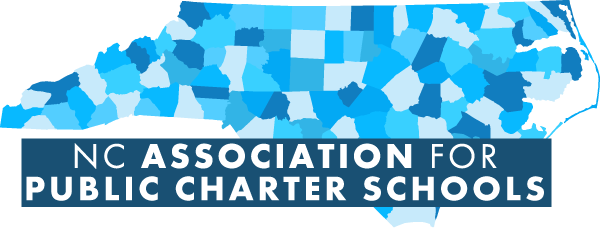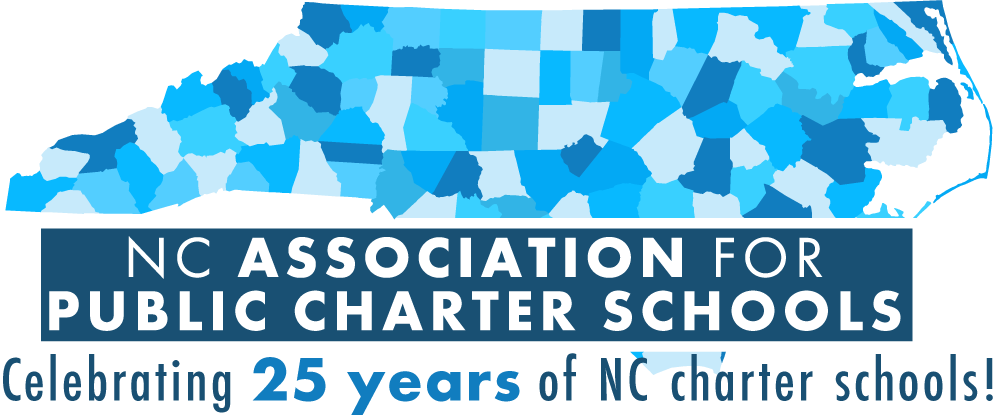Esse Quam Videri
To Be Rather Than to Seem: Gaining True Momentum in North Carolina by Rhonda Dillingham
Originally Published on CharterFolk: https://www.charterfolk.org/charterfolk-contributor-rhonda-dillingham-to-be-rather-than-to-seem-gaining-true-momentum-in-north-carolina/
North Carolina has entered a Golden Age of charter school legislation. Proposed statutes that would not have passed both Chambers of the Legislature just a few sessions ago have now been ratified by a Republican supermajority overriding the Democratic Governor’s vetoes. Two such statutes, HB 219 and HB 618, will have longstanding, positive repercussions for the charter school ecosystem in North Carolina. Our aim is to explore how our Charter School Association (CSA) played a major character in this political story and to quantify key progress indicators so that a similar approach might be systematically replicated in the future. Our state motto – Esse Quam Videri (To be rather than to seem) – rings true throughout the various stages of our approach.
1) Retain Ownership.
House Bill 219 – Charter School Omnibus – was written with the founding principles of North Carolina charter schools in mind, some of which has been augmented and manipulated over the years. Its initial aims included overhauls to per-pupil local funding, enrollment growth, and local capital funding. House Bill 618 – Charter School Review Board – was built upon a major organizational change to the charter school approval, renewal, revocation, and termination processes. Our advocacy team was prepped and ready to help convey the value of these new bills to our stakeholders so that we could rapidly mobilize.
As soon as these bills were proposed we were briefed on their content, their sponsors, and the likelihood that they would pass. We immediately took an ownership stance. We translated the meaning of the bills and their potential impact to our Board and membership, preparing internal stakeholders to put their own advocacy hats on. Specific outreach was allocated to developing a rapport with primary sponsors and supporters of the bills in both the House and Senate, as well as all members of both Chambers’ committees on K-12 Education.

